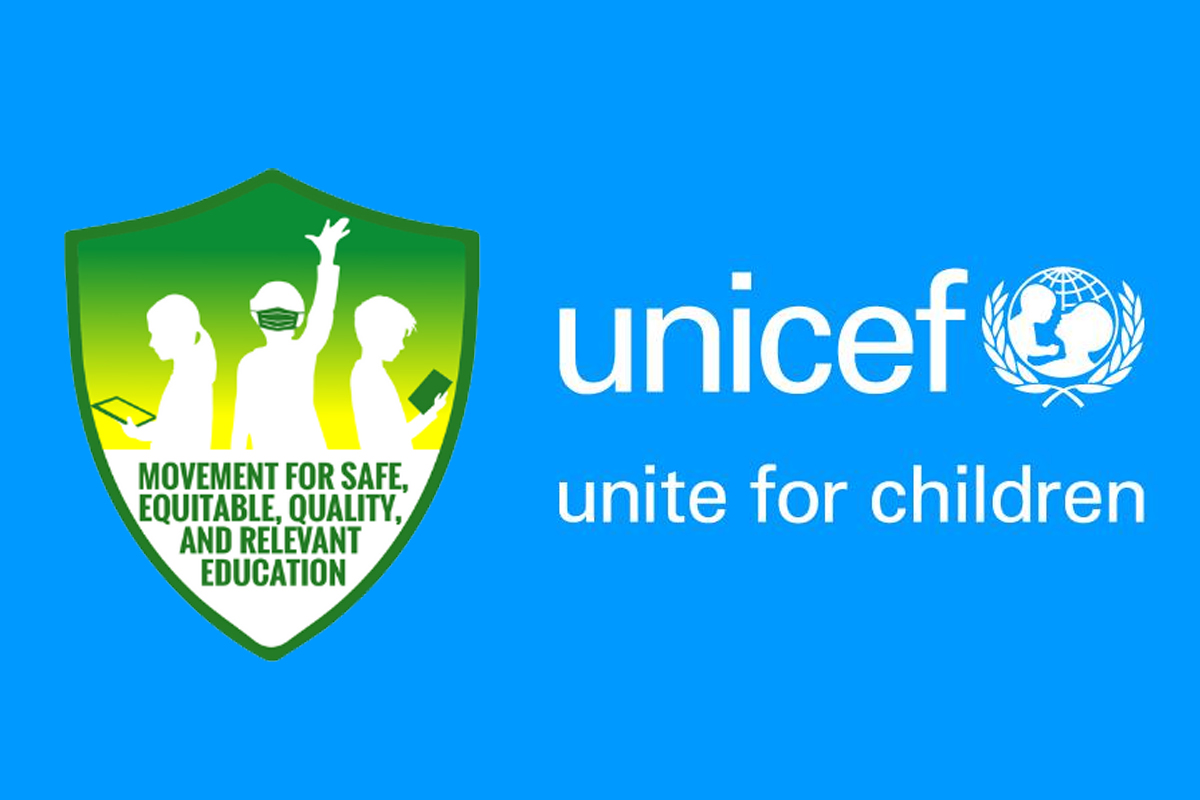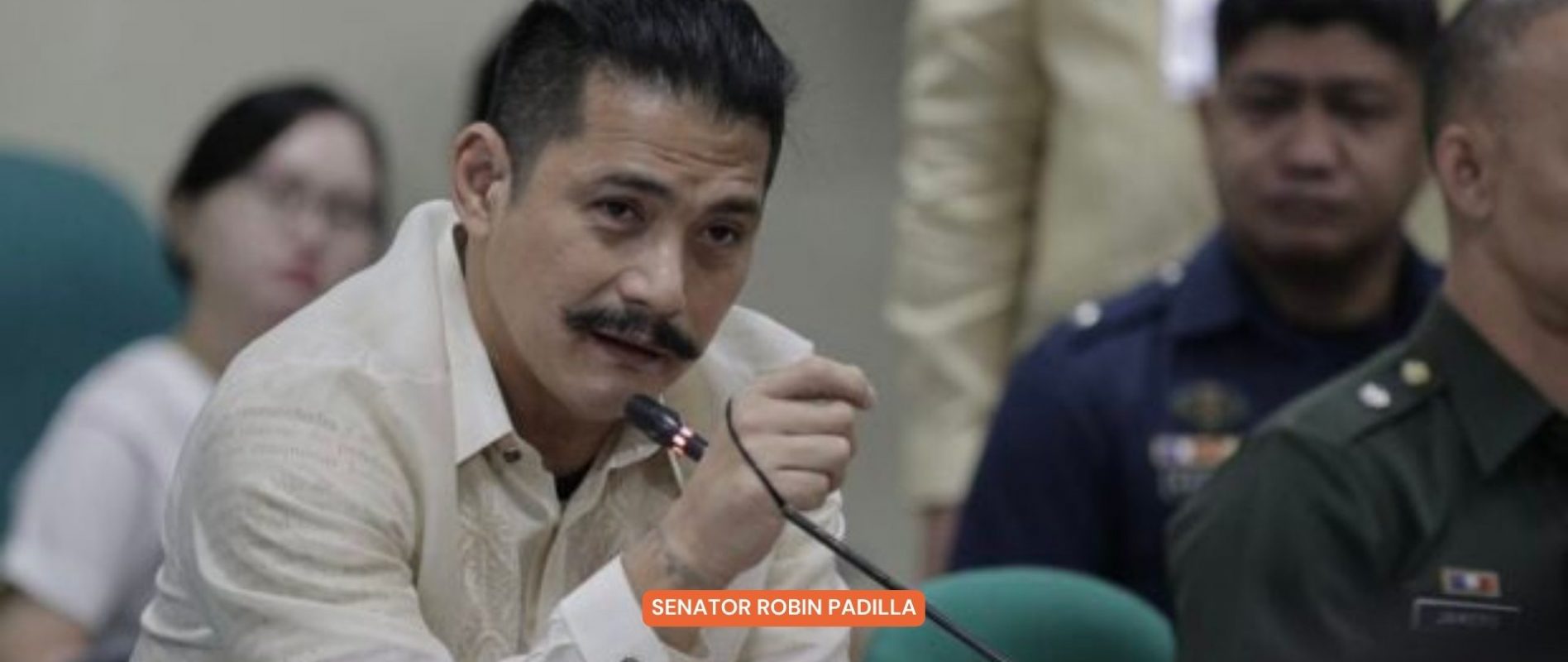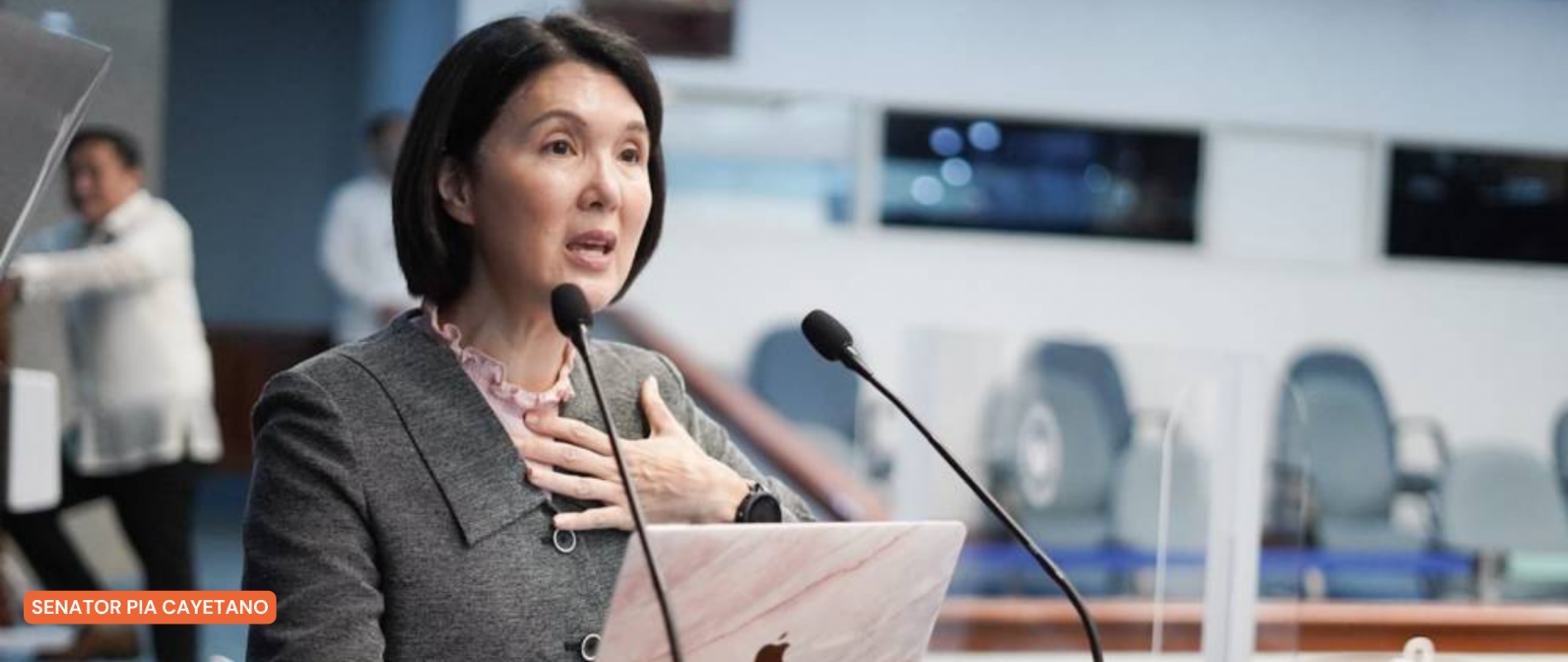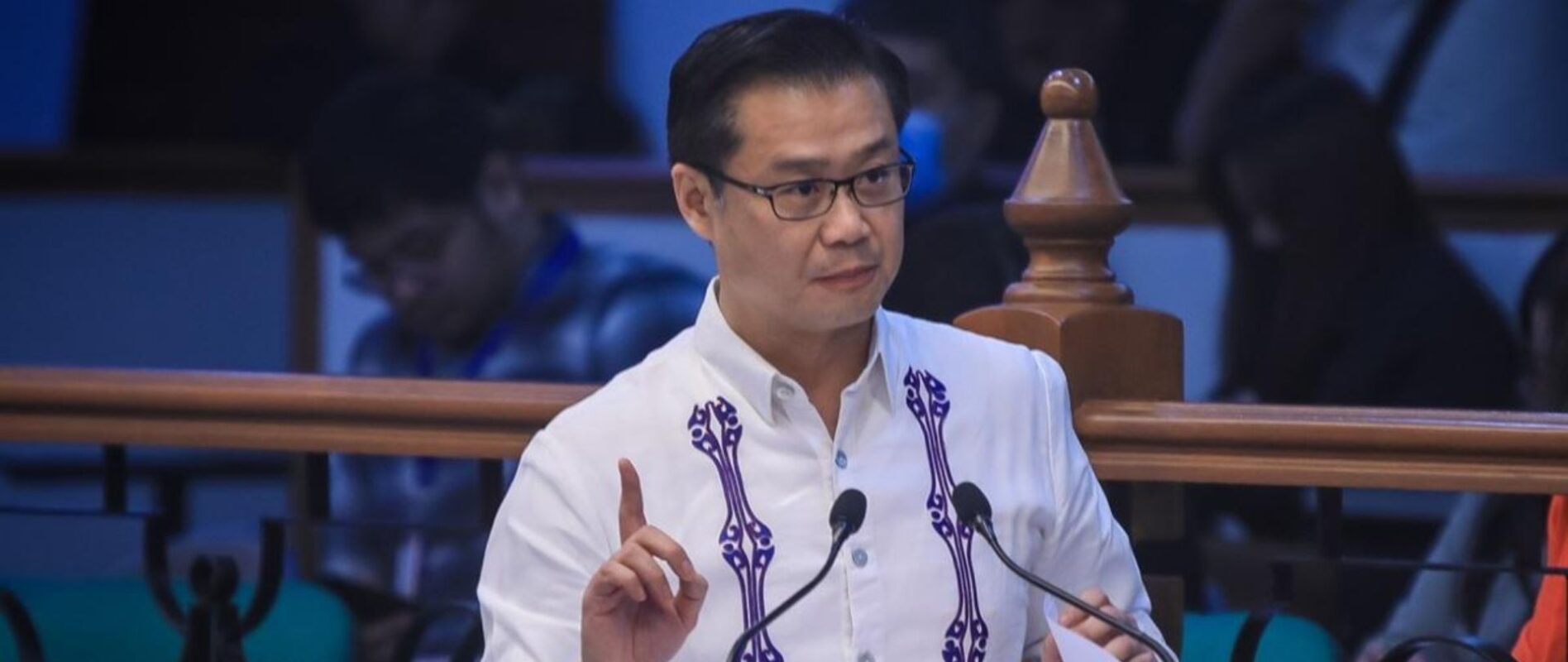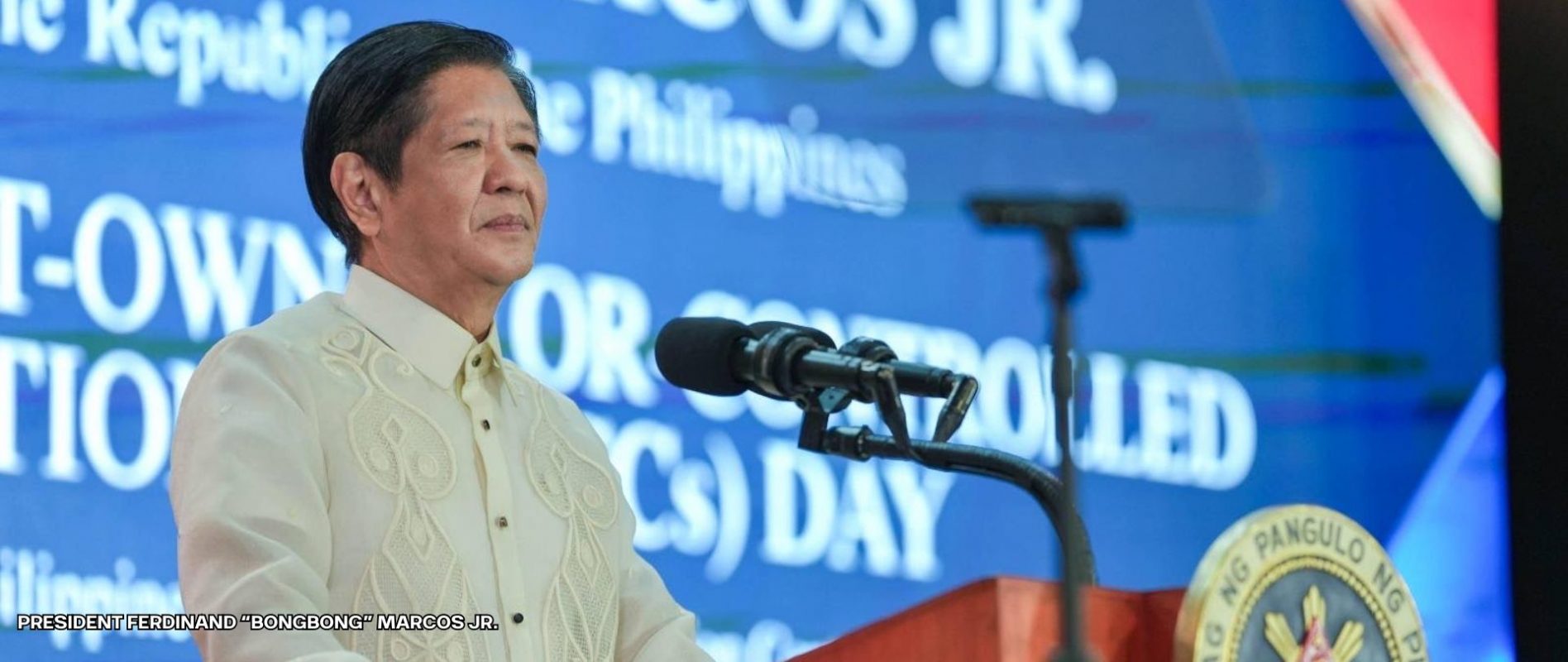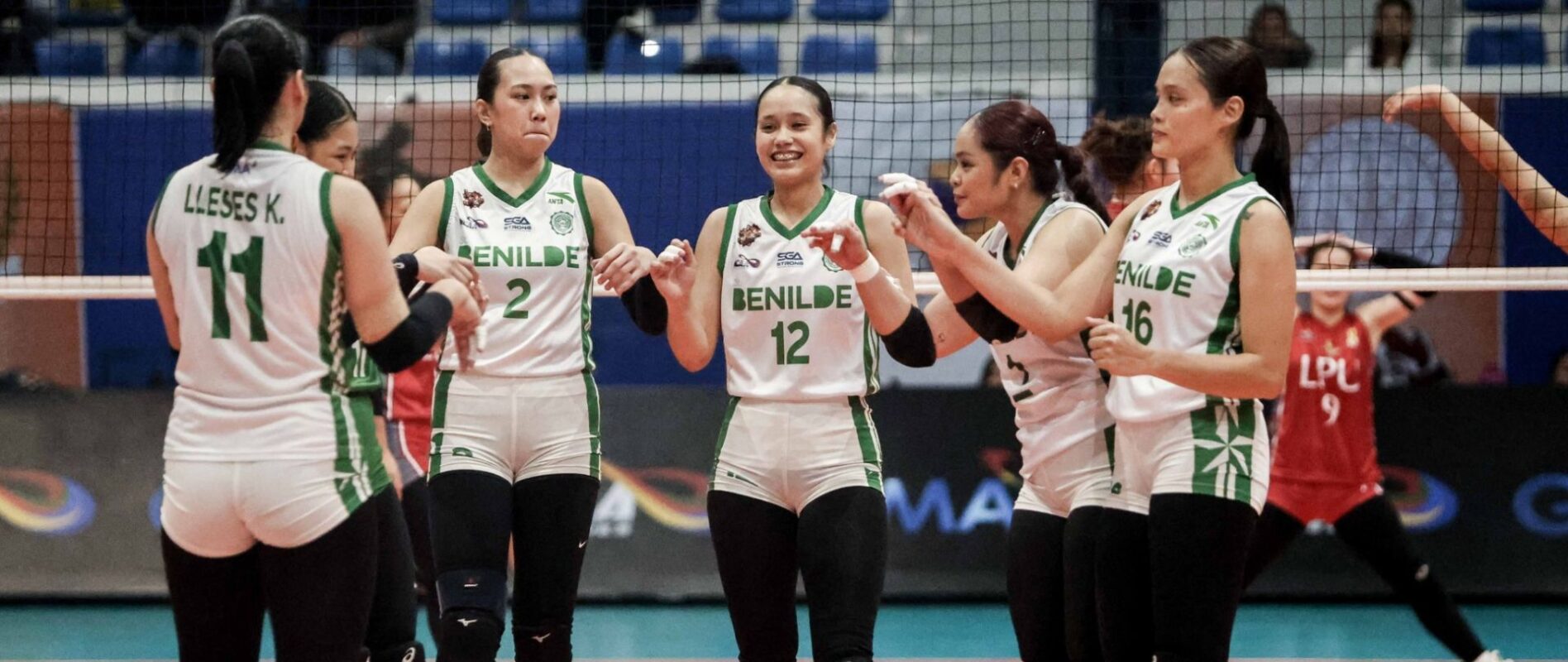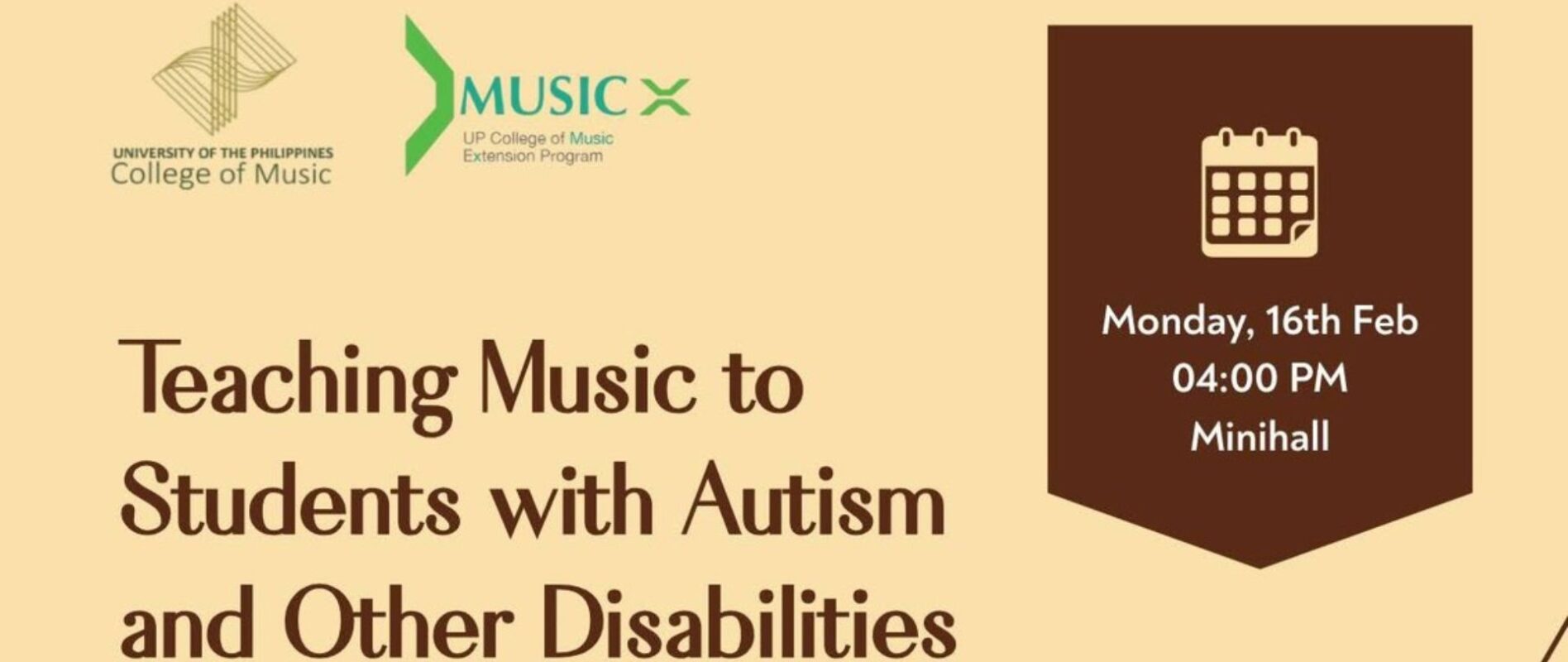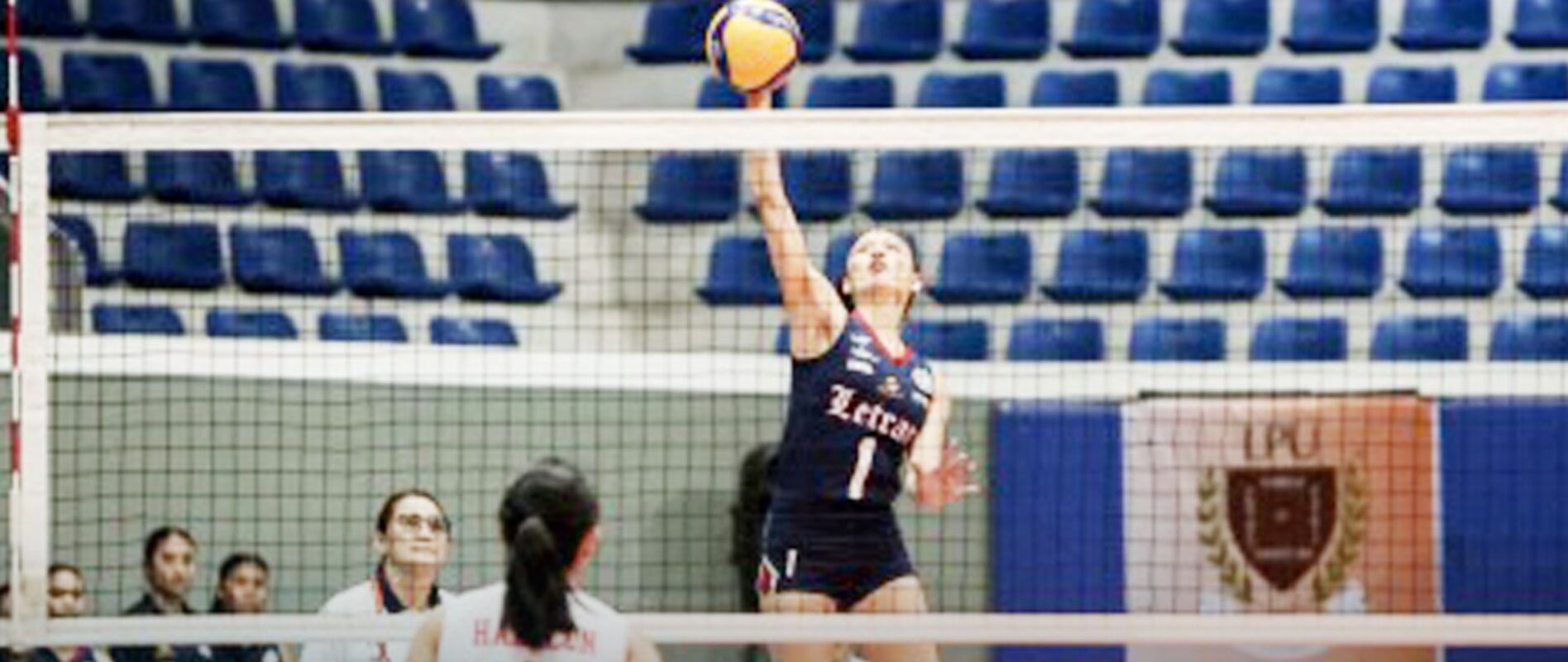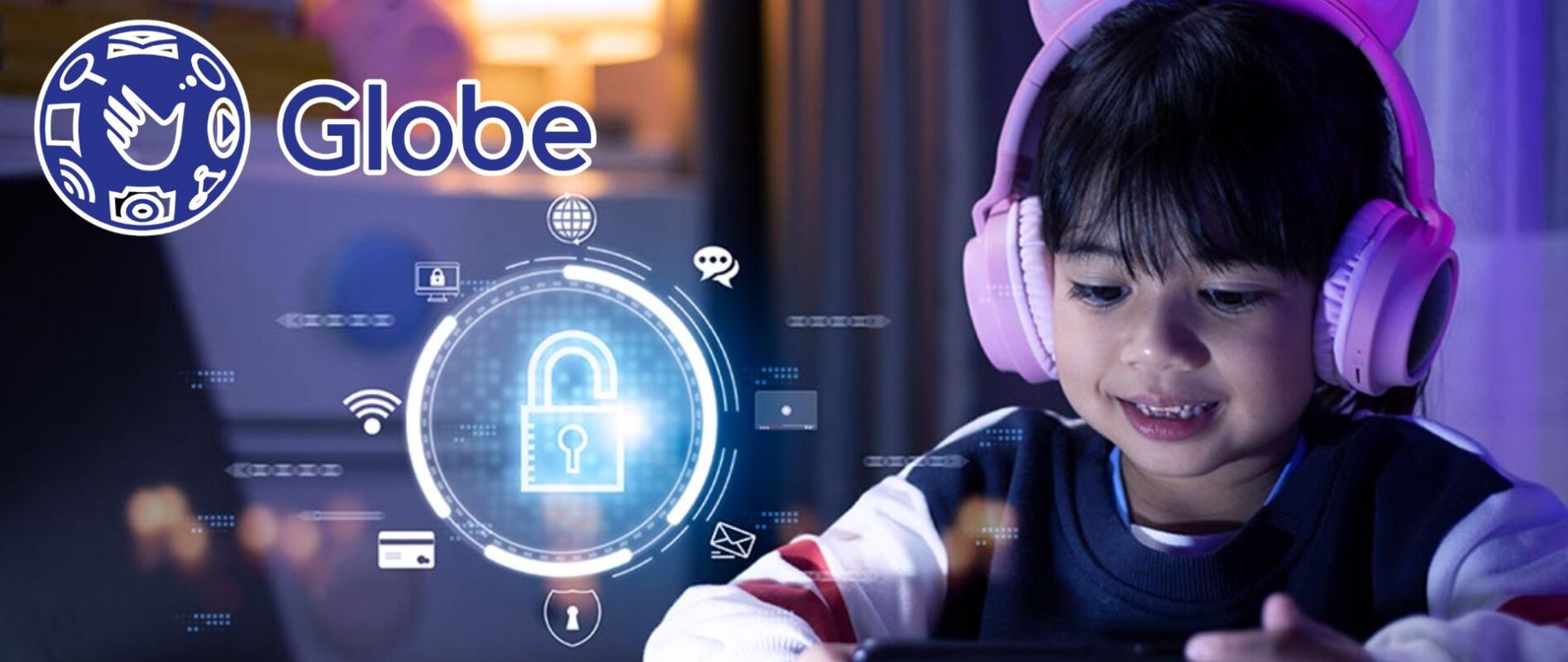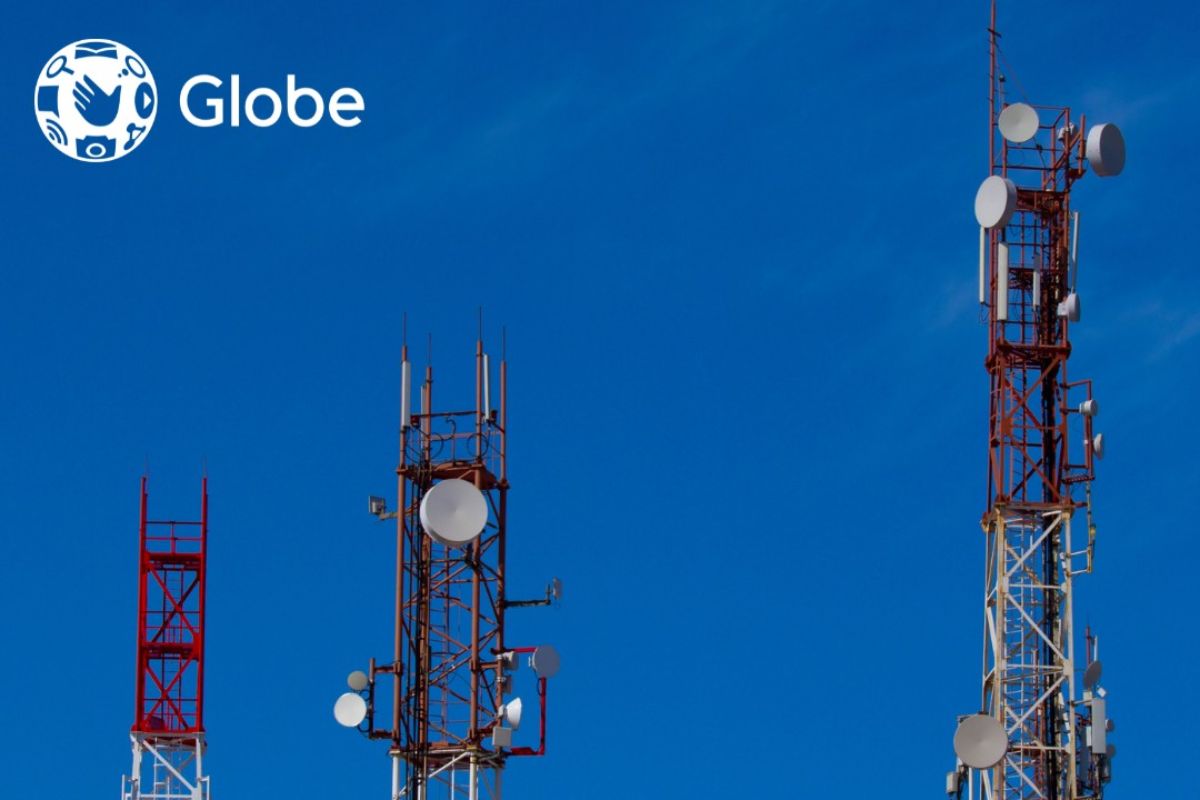GROUP TEAMS UP WITH UNICEF PH FOR SAFE SCHOOL REOPENING
THE MOVEMENT for Safe, Equitable, Quality and Relevant Education and the United Nations Children Education Fund teamed up to oppose the “one size fits all” distance learning program in the country and called for the safe return of students to classrooms.
In a webinar attended by 2,000 people, SEQuRe Education Movement shared that Filipino students suffered learning losses amid the pandemic. UNICEF Philippines also said that it observed negative effects of prolonged school closures to school children.
“It is plain ridiculous for our schools to remain indefinitely closed when there have been plenty of studies and successful experiences from other countries that prove safe school reopening is not only possible, but necessary. Our youth’s future and well-being are at stake, and so is national development. Time is of the essence, especially with the threat of severe learning loss and retrogression if school closure is further prolonged,” said Dr. Mercedes Arzadon, convenor of SEQuRe Education Movement and professor at the University of the Philippines College of Education.
Arzadon cited lessons from neighboring countries in Asia such as Japan, China, Vietnam and Indonesia which reopened schools in all or in targeted areas amid the pandemic.
She argued that the experiences of our Asian neighbors can be used to plan for a safe and limited in-person learning in the Philippines.
“Two out of the last four countries whose schools have remained closed since the beginning of the pandemic will re-open this September, leaving the Philippines and Venezuela to be the only countries left with a blanket indefinite school closure. We’ve already allowed malls and restaurants and even casinos and cockpits to operate in many places, but why haven’t we opened our schools yet? Why is the fate of schools and children in the entire archipelago based only on the state of NCR?” Arzadon asked.
The group added that school reopening shouldn’t also be solely dependent on the country’s vaccine rollout as announced several times by President Duterte.
Arzadon cited the need to equip schools with safety measures and medical support for its stakeholders and to improve basic medical responses — such as mass testing, contact tracing, and faster vaccine rollout — as key factors in creating an effective plan for safe reopening of schools.
“We are calling on the Duterte government and education officials to formulate a strategy for the gradual reopening of all schools this school year. It has already been proven that the current distance learning set-up is not working, if not totally and merely onerous to the education sector— especially poor rural children. We must move forward and plan for better ways to cope and strive for quality education despite grueling circumstances,” Arzadon said.

